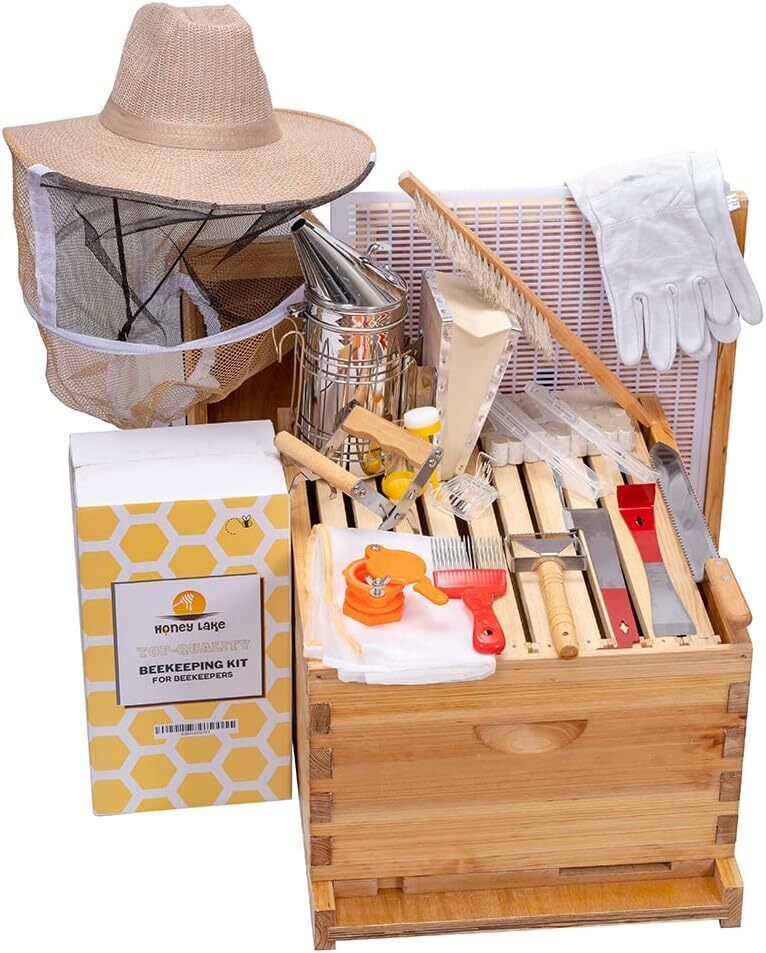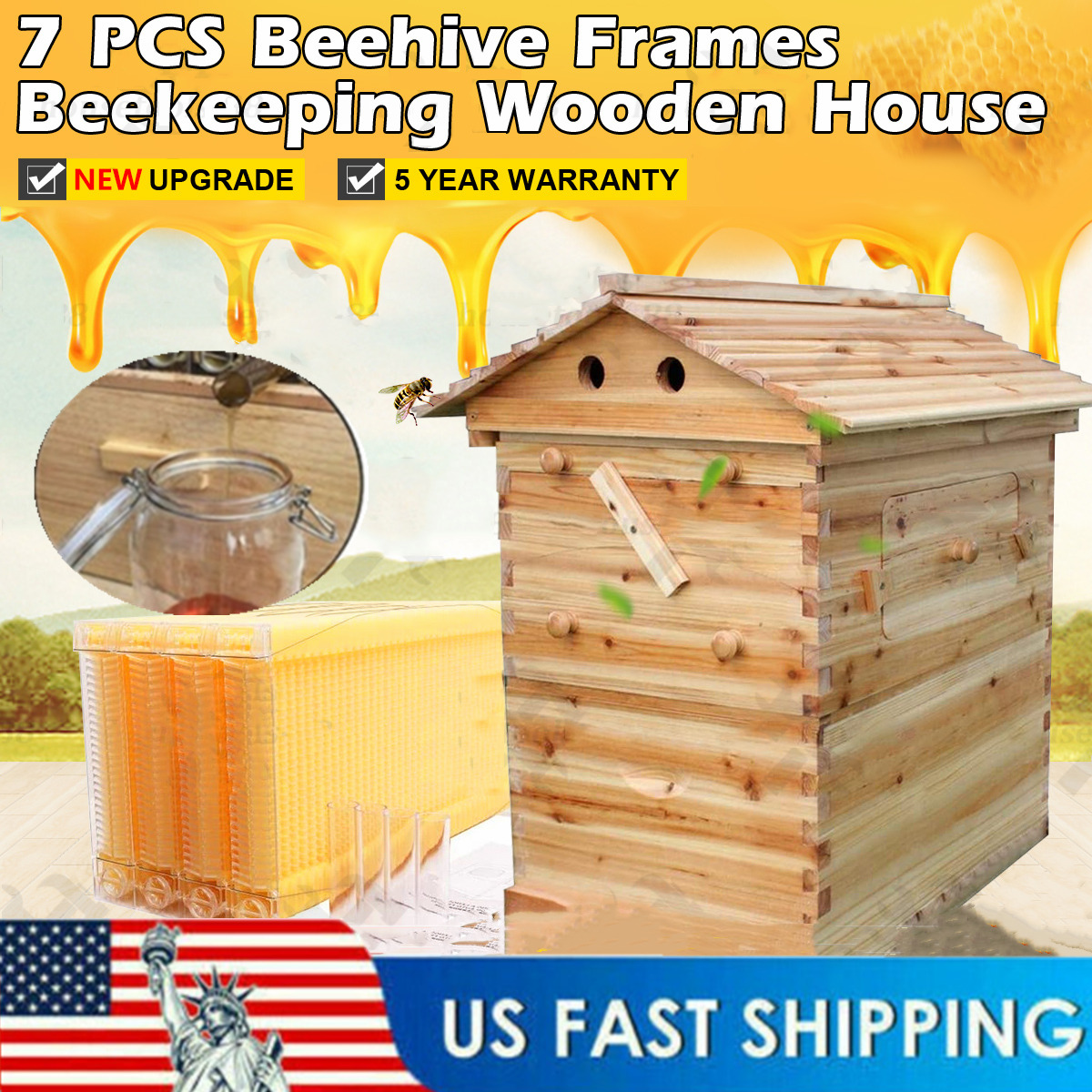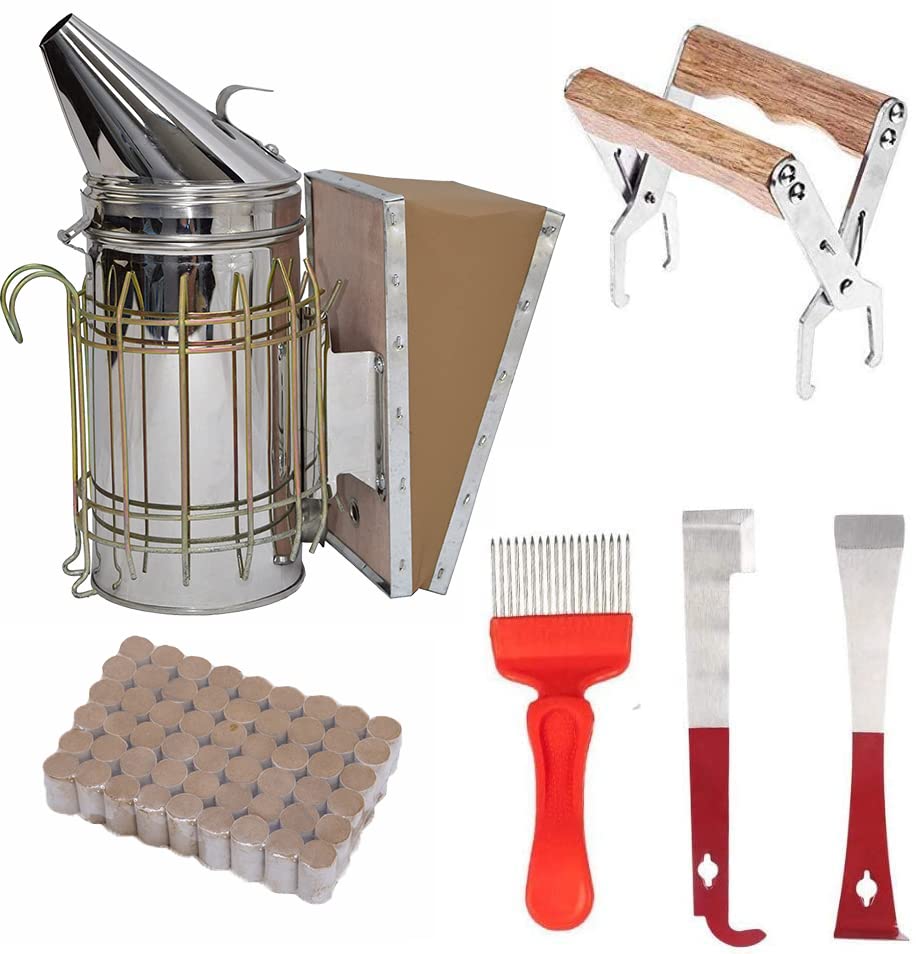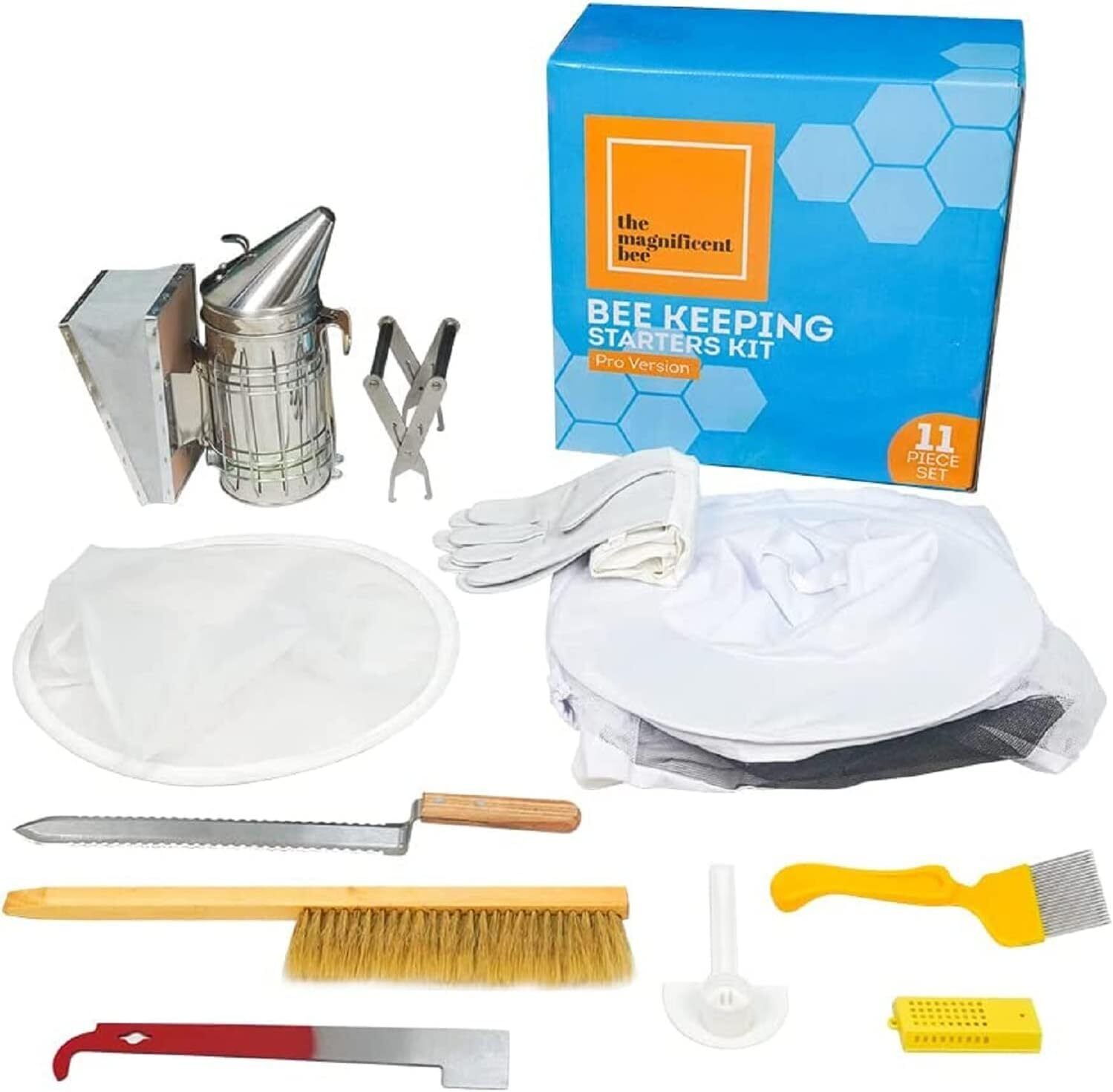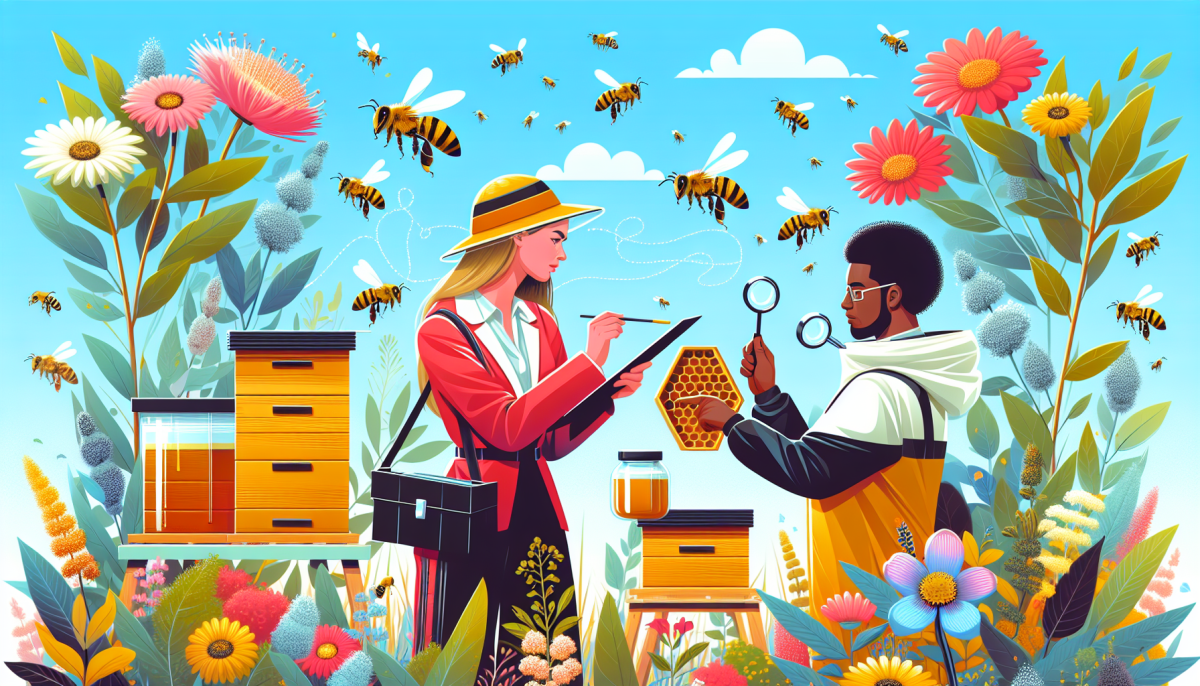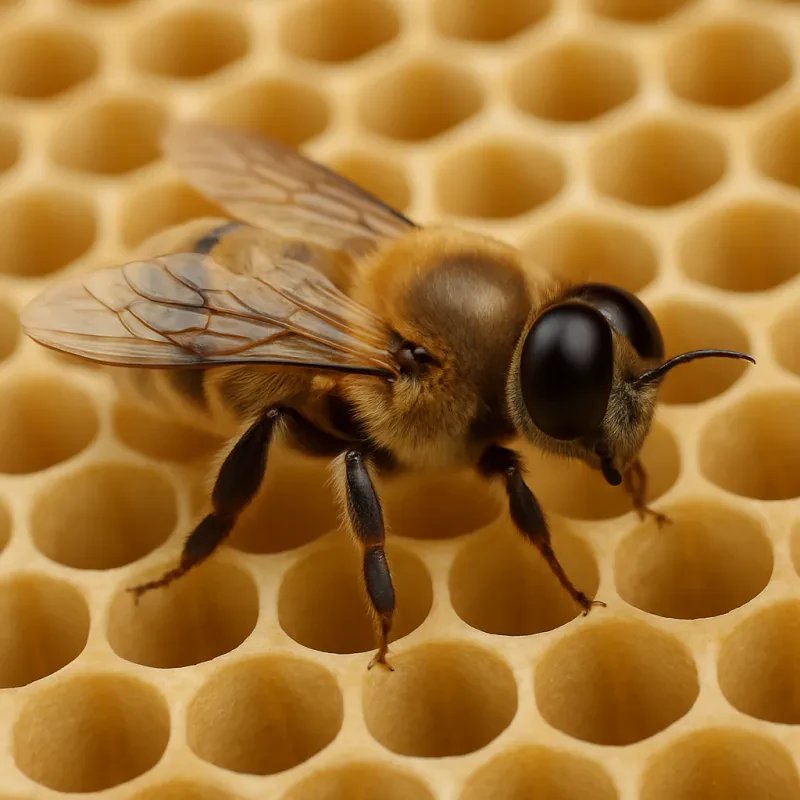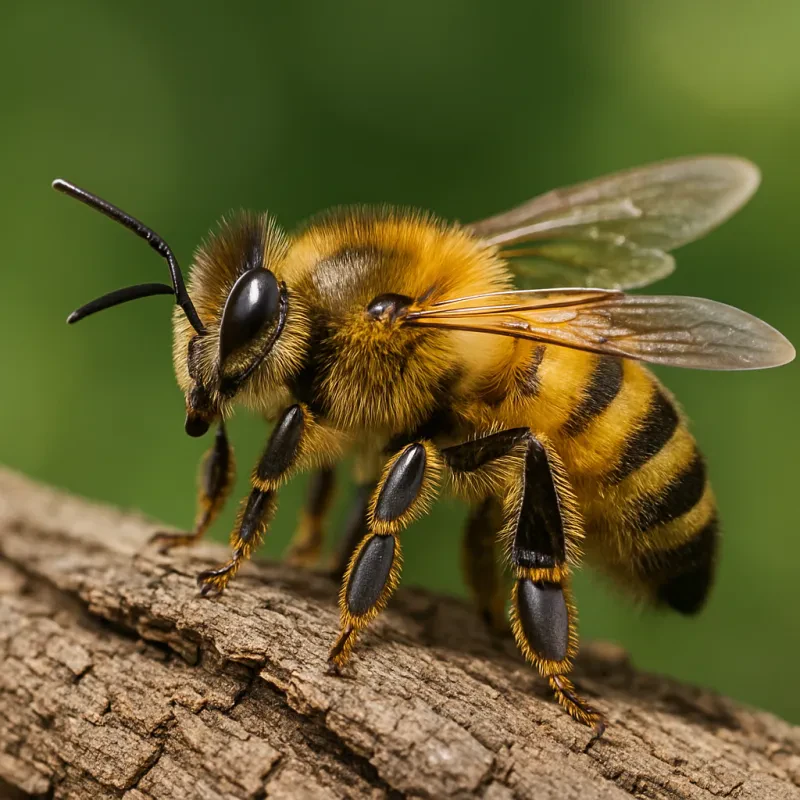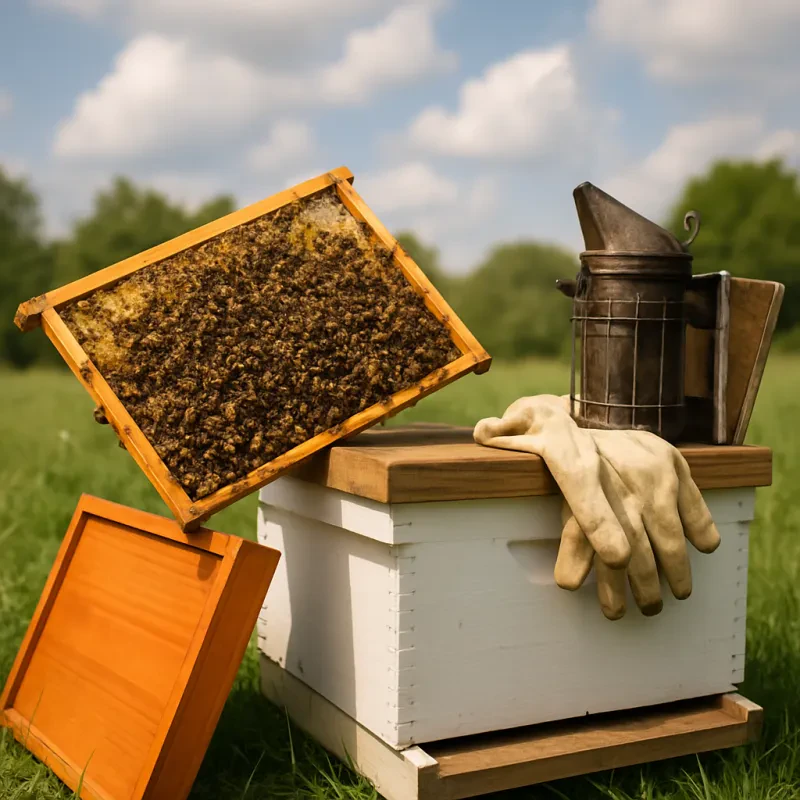Bees might be small, but their impact on our world is absolutely huge. As a bee specialist, you'll quickly learn that these little pollinators play a critical role in the ecosystem. They help plants reproduce by transferring pollen, which leads to the growth of fruits, seeds, and vegetables. Without bees, many of our favorite foods would simply disappear!
One of the most eye-opening facts for budding bee specialists is that about one-third of the food we eat relies on bee pollination. That’s right! Things like almonds, blueberries, and even chocolate wouldn’t be available without these buzzing buddies doing their job. So, when we talk about saving the bees, we’re also talking about preserving our agricultural systems and ensuring food security for everyone.
Bees also contribute to maintaining the health of our entire ecosystem. They help maintain biodiversity by pollinating wild plants, which in turn supports the habitats of countless other species. As a bee specialist, you'll appreciate just how interconnected life is and how essential bees are to it all. Protecting bees isn't just about saving a single species; it's about safeguarding the planet as a whole.
Getting involved as a bee specialist isn’t just about understanding bees; it's also about educating others. The more people know about the importance of bees, the more likely they are to support initiatives that protect them. Whether that means promoting bee-friendly plants in gardens or advocating for pesticide regulations, every little action can lead to big changes.
Essential Skills for Aspiring Bee Specialists
Becoming a bee specialist is not just about having a love for these amazing little creatures. It requires a mix of practical skills, knowledge, and dedication. If you’re thinking about diving into the world of bees, here are some essential skills you should consider developing.
First off, understanding bee biology is crucial. You need to know how bees live, what they eat, and how they interact with their environment. Learning about their life cycles and behaviors will go a long way in helping you manage bee populations effectively. Familiarize yourself with different species of bees, particularly if you’re looking to specialize in honeybees or native pollinators.
Next, hands-on experience is key. Start by volunteering at local apiaries or bee conservation groups. This will give you practical skills in beekeeping, hive management, and pest control. You'll also learn about the tools and equipment involved, which is super important for anyone wanting to become a bee specialist.
Lastly, communication skills can’t be overlooked. Whether you’re advising local farmers on pollination or educating the community about the importance of bees, being able to convey information clearly is essential. Networking with other bee enthusiasts and professionals can also help you stay updated on the latest trends and challenges in bee conservation.
Simple Steps to Protect Local Bees
Becoming a bee specialist isn’t just about having all the facts; it’s also about taking simple steps to protect our buzzing buddies. Here are some easy ways you can start making a difference right in your own backyard!
By taking these small steps, you’re on your way to becoming a bee specialist. Every action counts in making the world a sweeter place for our essential pollinators!
Tools Every Bee Lover Should Have
If you're diving into the world of bees and aiming to become a bee specialist, having the right tools can make all the difference. Whether you're a backyard beekeeper or just an enthusiastic bee admirer, these essentials will set you up for success.
1. Bee Suit: Protecting yourself is key. A good bee suit keeps you safe from stings while you're working with your hives. Look for one that’s made from breathable fabric—comfort is important when you're spending time around your buzzing friends!
2. Smoker: A smoker helps calm bees before you open the hive. It releases a gentle smoke that makes them less aggressive. It’s a must-have for anyone wanting to become a bee specialist because it not only protects you but also keeps your bees happy.
3. Hive Tool: This multifunctional tool is your best buddy when working with hives. It helps pry apart frames, scrape off excess propolis, and perform various tasks while managing your bee colony. Investing in a sturdy hive tool can make your beekeeping activities much smoother.
4. Bee Brush: Sometimes, you need to gently move bees around without harming them. A soft bee brush is perfect for this. It allows you to maneuver your bees with care, ensuring they stay calm and safe.
Equipping yourself with these tools will not only simplify your beekeeping tasks but also help you learn more about these incredible creatures. As you become a bee specialist, you'll appreciate how each tool plays a vital role in understanding and preserving bee populations.
